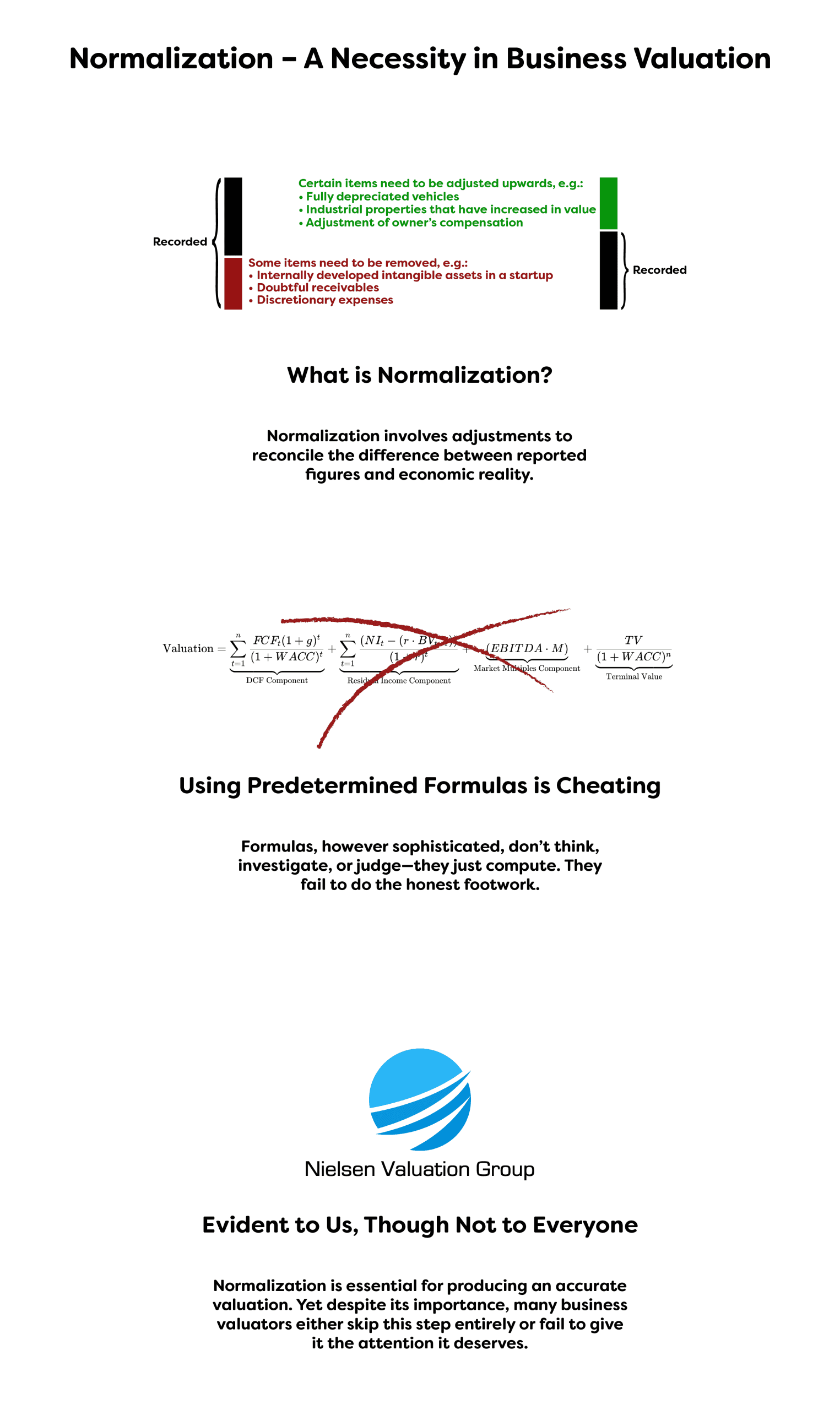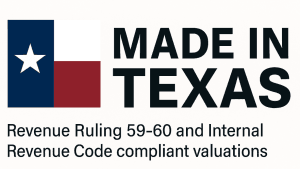A lot of five-figure business valuations are not any better than what ChatGPT can produce with the right instructions, or what you can buy for $250 on Fiverr.
Why?
Because what makes a valuation accurate and useful is not the amount of copy-pasted text, generic charts, or recycled analysis.
What makes a valuation good is how well the valuator gets to know the business—and their experience with real-world transactions.
Many business valuators are known for sticking to heavily standardized methods and often fall short when it comes to acknowledging real-world dynamics—that can require meeting the buyer and seller at the business itself, a few hundred miles away, after business hours.
Since they do not truly get to know the buyer, the seller, or the business beyond surface-level data, their valuations rarely reflect the actual deal.
These so-called “valuations” are often more like market statistics reports than true assessments of individual companies.

While there is little to no correlation between the amount of generic charts, recycled analysis, and boilerplate copy-paste content, there is a real correlation between the level of engagement from the business valuator and the accuracy of the valuation.

Engagement can be defined by whether they sent you a one-size-fits-all form to fill out—or actually engaged in real conversation about what’s relevant in your specific case and requested additional documentation for the parts that will move the needle in your specific valuation.







